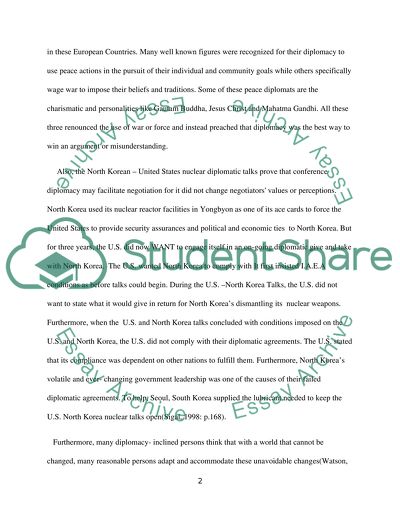Cite this document
(“Conference Diplomacy Essay Example | Topics and Well Written Essays - 2250 words”, n.d.)
Conference Diplomacy Essay Example | Topics and Well Written Essays - 2250 words. Retrieved from https://studentshare.org/miscellaneous/1513660-conference-diplomacy
Conference Diplomacy Essay Example | Topics and Well Written Essays - 2250 words. Retrieved from https://studentshare.org/miscellaneous/1513660-conference-diplomacy
(Conference Diplomacy Essay Example | Topics and Well Written Essays - 2250 Words)
Conference Diplomacy Essay Example | Topics and Well Written Essays - 2250 Words. https://studentshare.org/miscellaneous/1513660-conference-diplomacy.
Conference Diplomacy Essay Example | Topics and Well Written Essays - 2250 Words. https://studentshare.org/miscellaneous/1513660-conference-diplomacy.
“Conference Diplomacy Essay Example | Topics and Well Written Essays - 2250 Words”, n.d. https://studentshare.org/miscellaneous/1513660-conference-diplomacy.


